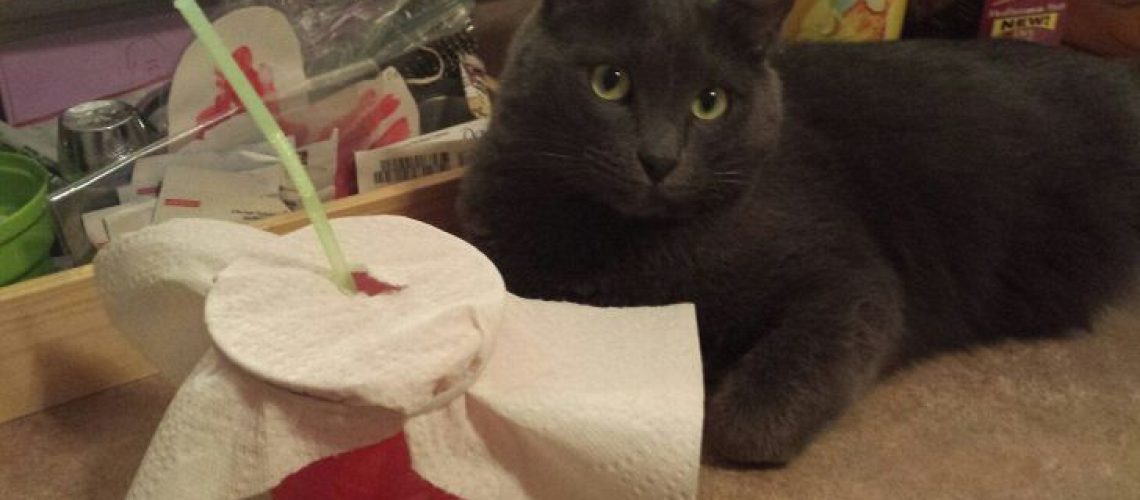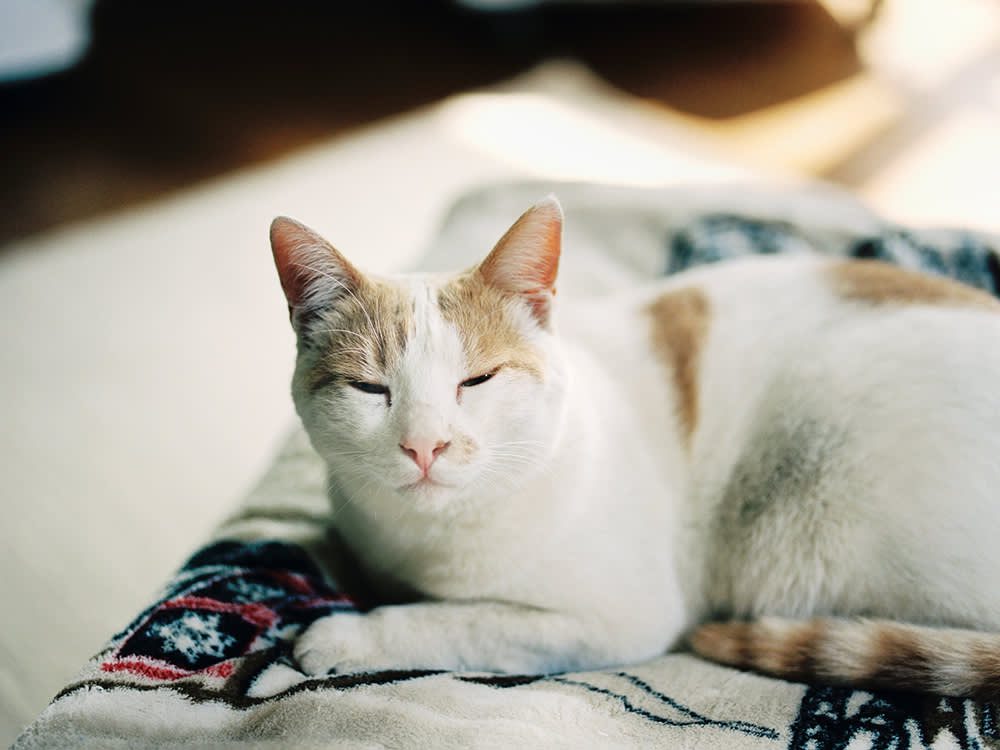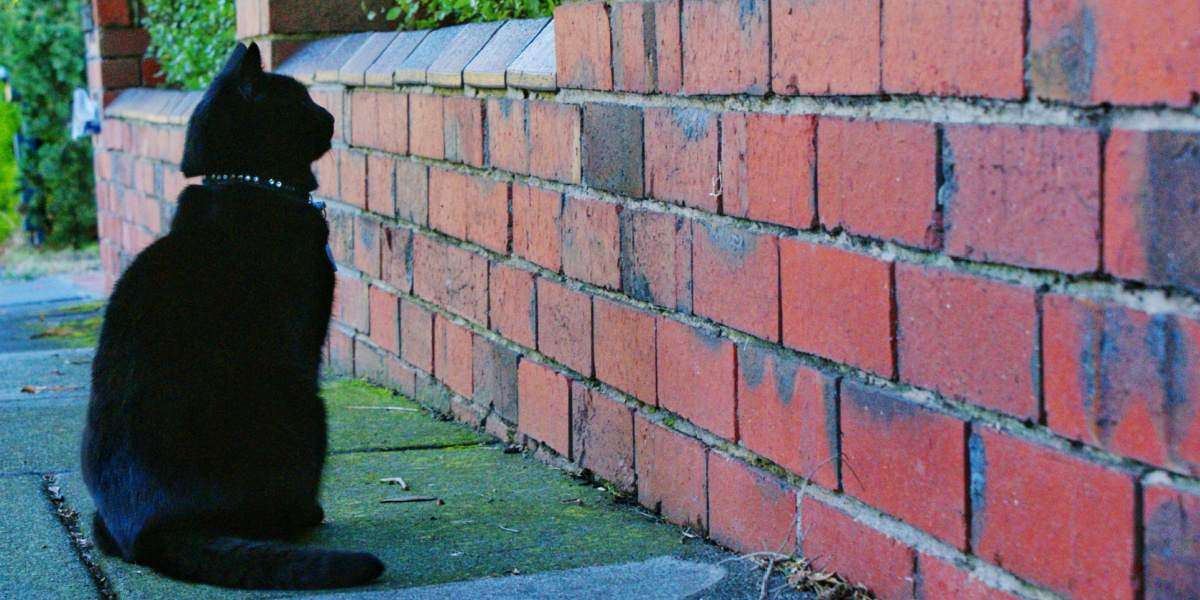Attention all cat lovers! If you've ever wondered what goes on in the mysterious minds of our feline friends, then you're in for a treat. Today, we're going to uncover the seven things that cats secretly wish you would stop doing. By understanding these desires, not only will you strengthen your bond with your furry companion, but you'll also create a happier and more harmonious home environment. So get ready to dive into the fascinating world of cat psychology as we explore the hidden wishes of our beloved pets. Get ready to see your cat's purr-sonality in a whole new light!
Key Takeaways:
- Stop assuming that all cats are the same - they have unique personalities and preferences.
- Avoid forcing physical contact with your cat if they show signs of discomfort or resistance.
- Don't ignore your cat's need for mental stimulation - provide interactive toys and playtime.
- Avoid overfeeding your cat - obesity can lead to serious health issues.
- Stop using punishment as a means of discipline - positive reinforcement is more effective in training cats.
Why Cats Don't Like Their Tails Pulled
The Sensitivity of a Cat's Tail
Have you ever noticed how cats can get really upset when you try to pull their tails? Well, there's a good reason for that! A cat's tail is actually very sensitive. It is made up of many small bones and muscles that help the cat balance and communicate with other cats. When you pull on a cat's tail, it can be very painful for them.
Imagine if someone suddenly grabbed your arm and pulled it really hard. Ouch! That would hurt, right? Well, it's the same for cats when you pull their tails. Even if you don't mean to hurt them, they can still feel a lot of pain because their tails are so sensitive.
What Can Happen If You Pull a Cat's Tail?
- The cat may scratch or bite you in self-defense.
- You could accidentally injure the cat's tail or spine.
- The cat may become fearful or anxious around you.
Helping Your Cat Feel Comfortable with Quiet Surroundings
Cats and Noise Sensitivity
Do you ever wonder why your cat gets scared or hides when there are loud noises around? Well, cats have very sensitive ears, much more sensitive than ours. They can hear sounds that we can't even imagine!
When there are sudden loud noises like thunderstorms or fireworks, it can be really scary for cats. It makes them feel like they are in danger and they want to find a safe place to hide until the noise goes away.
Tips for Creating a Quiet Space for Your Cat
- Find a quiet room in your house where your cat can go to feel safe.
- Provide a cozy hiding spot, like a covered bed or a box with a blanket inside.
- Play soft, calming music or use white noise machines to drown out loud noises.
Avoid Accidentally Stepping on Your Cat's Paws with These Tips
Cats and Their Sensitive Paws
Have you ever accidentally stepped on your cat's paws? It can be really painful for them! Cats have very sensitive paws because they use them for walking, climbing, and hunting. Their paws are filled with nerves that help them feel the world around them.
When you step on a cat's paw, it can cause them a lot of pain and make them scared or angry. They might even scratch or bite you in self-defense. That's why it's important to be careful and avoid stepping on your cat's paws whenever possible.
Tips for Avoiding Stepping on Your Cat's Paws
- Walk slowly and watch where you're going when your cat is nearby.
- Create clear pathways for your cat to move around without getting underfoot.
- Keep your cat's nails trimmed so they don't accidentally scratch you if you do step on their paw.
The Importance of Not Disturbing a Sleeping Cat
Cats Need Their Beauty Sleep
We all love our cats, but did you know that they need even more sleep than we do? Cats sleep for an average of 12-16 hours per day! That's a lot of snoozing! When cats are sleeping, they are in a deep state of rest and relaxation. It's important not to disturb them during this time.
Just like us, cats can get grumpy if they don't get enough sleep. If you wake up a sleeping cat, they might be irritable or even aggressive. They need their beauty sleep to stay healthy and happy!
Tips for Respecting Your Sleeping Cat
- Avoid making loud noises or sudden movements near your sleeping cat.
- If you need to wake your cat up, do it gently by calling their name or softly touching them.
- Provide a comfortable and quiet space for your cat to sleep undisturbed.
Respecting Your Cat's Personal Space and Boundaries
Cats Need Their Alone Time
Have you ever tried to cuddle with your cat and they just walked away? Don't worry, it's not because they don't love you! Cats are naturally independent animals and they need their own personal space. Just like humans, cats have boundaries too!
If you try to invade a cat's personal space when they don't want it, they might feel scared or threatened. They might hiss, scratch, or run away from you. It's important to respect your cat's boundaries and let them come to you when they're ready for some love and attention.
Tips for Respecting Your Cat's Personal Space
- Observe your cat's body language - if their tail is twitching or their ears are flat, it means they want some alone time.
- Let your cat approach you first for cuddles and pets.
- Provide hiding spots or elevated perches where your cat can retreat to when they want some privacy.
Fun Alternatives to Laser Pointers for Playing with Your Cat
Cats Love to Chase Things
Have you ever played with a laser pointer and watched your cat go crazy trying to catch the tiny red dot? It's so much fun! But did you know that laser pointers might not be the best toy for your cat?
When cats play, they need something they can actually catch and pounce on. Laser pointers can be frustrating for them because they can never actually catch the light. It's like chasing a ghost! Instead, try playing with toys that your cat can physically interact with, like feather wands or small stuffed animals.
Alternative Toys for Playing with Your Cat
- Feather wands: Cats love feathers! Wave a wand with feathers attached and watch your cat go wild trying to catch them.
- Balls or mice toys: Cats enjoy batting around small toys that resemble prey animals.
- Treat puzzles: Hide treats in puzzle toys that require your cat to use their brains and paws to get the reward.
Why Scratching Posts are Essential for Cats' Furniture Needs
Cats Need to Scratch
If you have a cat, you've probably noticed them scratching on furniture or carpets. But why do they do it? Well, cats have a natural instinct to scratch. It helps them keep their claws sharp, stretch their muscles, and mark their territory.
To prevent your furniture from getting destroyed by your cat's scratching habits, it's important to provide them with a scratching post. A scratching post is a tall, sturdy object covered in rough material that cats can scratch on instead of your couch. It's like their own personal nail salon!
Benefits of Having a Scratching Post
- Keeps your cat's claws healthy and sharp.
- Provides an outlet for your cat's natural scratching instincts.
- Prevents your furniture from getting scratched and damaged.
In conclusion, cats wish you would stop pulling their tails, dressing them up in costumes, and disturbing their nap time. By understanding and respecting their boundaries, we can create a happier and more comfortable environment for our feline friends.
What are things cats can't stop doing?
Because scratching is a natural behavior similar to grooming or burying waste, it can be challenging to prevent. However, cats can be trained to scratch on more suitable surfaces, such as scratching posts.
How do you say stop to a cat?
Typically, I will respond with a firm "no" and use a louder tone of voice while snapping my fingers to get my cats' attention. Since my cats are familiar with their names, I also mention their name to emphasize that I am addressing them specifically. However, this method is not always effective, so I often resort to physically picking them up and relocating them.
What are the most annoying habits of cats?
Some common problematic behaviors in cats include jumping on kitchen counters, destructive actions, attention-seeking behavior that annoys owners, rough play, nighttime activities that disrupt owners' sleep, and excessive meowing. To prevent these issues, it is recommended to provide cats with entertaining, lightweight toys that they can easily move around.
Is spraying a cat with water bad?
Using a squirt bottle to spray cats is considered a form of punishment, not reinforcement. The most effective method to encourage desired behavior in cats is to provide them with options to express their behavioral needs and then rewarding them when they choose the preferred option.
Is clapping at your cat bad?
According to Hauser, it is not recommended to punish cats directly through verbal or physical means. While some dog owners may use techniques like clapping, stomping, or making noise to discourage certain behaviors, this approach is ineffective and may have negative consequences when applied to cats.
What do cats hate to walk on?
Types of surfaces such as sticky paper, aluminum foil, heavy plastic, or a plastic carpet runner (with the knubby side facing up) can be used to create barriers in areas where you do not want cats to go. Cats dislike walking on these surfaces. Additionally, scents such as citronella, perfumes, solid air fresheners, citrus, aloe, eucalyptus oil, and oil of wintergreen are all unpleasant smells for cats.

















